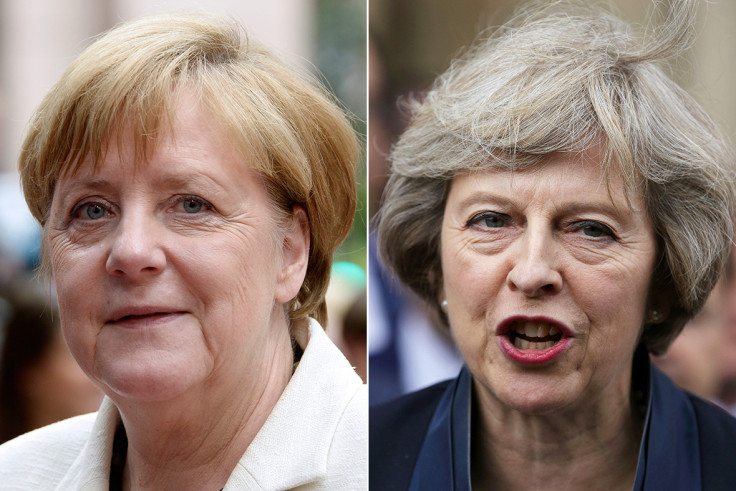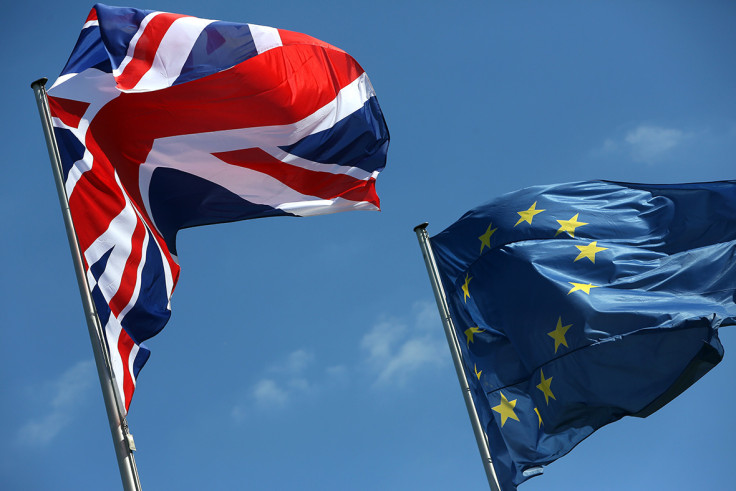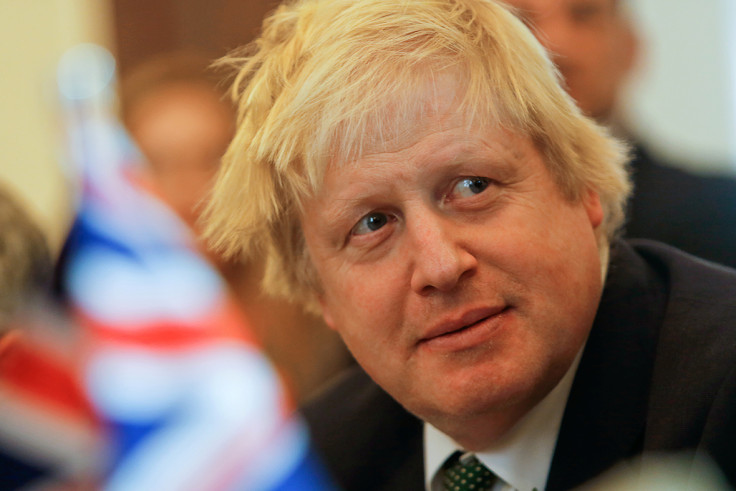Angela Merkel signals wiggle room on free movement of people in Brexit talks
German Chancellor says there will be no compromise on principle but room for manoeuvre.
For the first time since the UK voted to leave the European Union (EU), German Chancellor Angela Merkel has indicated that she is willing to compromise on the issue of free of movement of people.
Although she was clear that the EU could not divide its four freedoms — the movement of capital, goods, people and services — to allow the UK to restrict immigration while having tariff-free access to the bloc, she conceded that there was the possibility of discussions on the "framework of the free movement of people."
Speaking at a meeting of Germany's BDA employers association on Tuesday (15 November), Merkel said: "Were we to make an exception for the free movement of people with Britain, this would mean we would endanger principles of the whole internal market in the European Union, because everyone else will then want these exceptions."
However, on the finer detail of defining the free movement of people, she said: "I personally am of the view that we will have to discuss further with the [European] commission when this freedom of movement applies from."
Issue of lifelong claim on welfare benefits for EU migrants

Giving an example, she said that if someone came to Germany from eastern Europe and worked only for a short period of time but gained a lifelong claim on welfare benefits, "then I see a question about which we must talk again. Free movement applies to me in the sense that the employee himself earns the money he needs for himself and his family in the other member state."
"The question of when lifelong guarantees come into effect according to the social standard of the host country must certainly be taken into consideration," Merkel said.

Reuters noted that the "nuance on when to apply the principle of free movement of people could prove welcome" to UK Prime Minister Theresa May who has insisted that Britain does not face a "binary choice" between curbing immigration and getting a good trade agreement.
Merkel also took the opportunity to remind the UK how it had criticised Germany and other EU member states that had used transitional arrangements to temporarily restrict the free movement of workers from eastern European countries that joined the bloc in 2004 and 2004. Now the UK wants to restrict the movement of people across the bloc. "This is not on," she said.
The Chancellor's latest statement offering some wiggle room to the UK on the freedom of movement of people in Brexit talks, is viewed as a significant shift in thinking as EU leaders, including European Commission President Jean-Claude Juncker, have previously said this would be impossible.
May has promised that freedom of movement of people is her "red line" in Brexit talks with the EU and that she will push for full control of the UK's borders, The Telegraph reports.
May is due to meet Merkel in Berlin on Friday 18 November. Outgoing US President Barack Obama is also expected to attend.
Merkel however said that while she is offering "fair" negotiations to the UK, "first however, Britain must explain in what manner it would like this exit."
Boris Johnson raises likelihood UK to leave customs union post-Brexit

Separately, in an interview with a Czech newspaper on Tuesday 15 November, Foreign Secretary Boris Johnson dismissed the repeated claims by EU politicians that the freedom of movement is a central tenet of the bloc's existence.
"Everybody now has it in their head that every human being has some fundamental God-given right to move wherever they want. It's not true. That was never the case. That was never a founding principle of the EU. Total myth."
Johnson also confirmed in the interview that the UK is likely to leave the customs union post Brexit. "[There will be a } dynamic trade relationship {between the UK and the EU] and we will take back control of our borders, but we remain an open and welcoming society.
He continued: "We probably will have to come out of the customs union, but that's a question I am sure will be discussed."
© Copyright IBTimes 2025. All rights reserved.






















